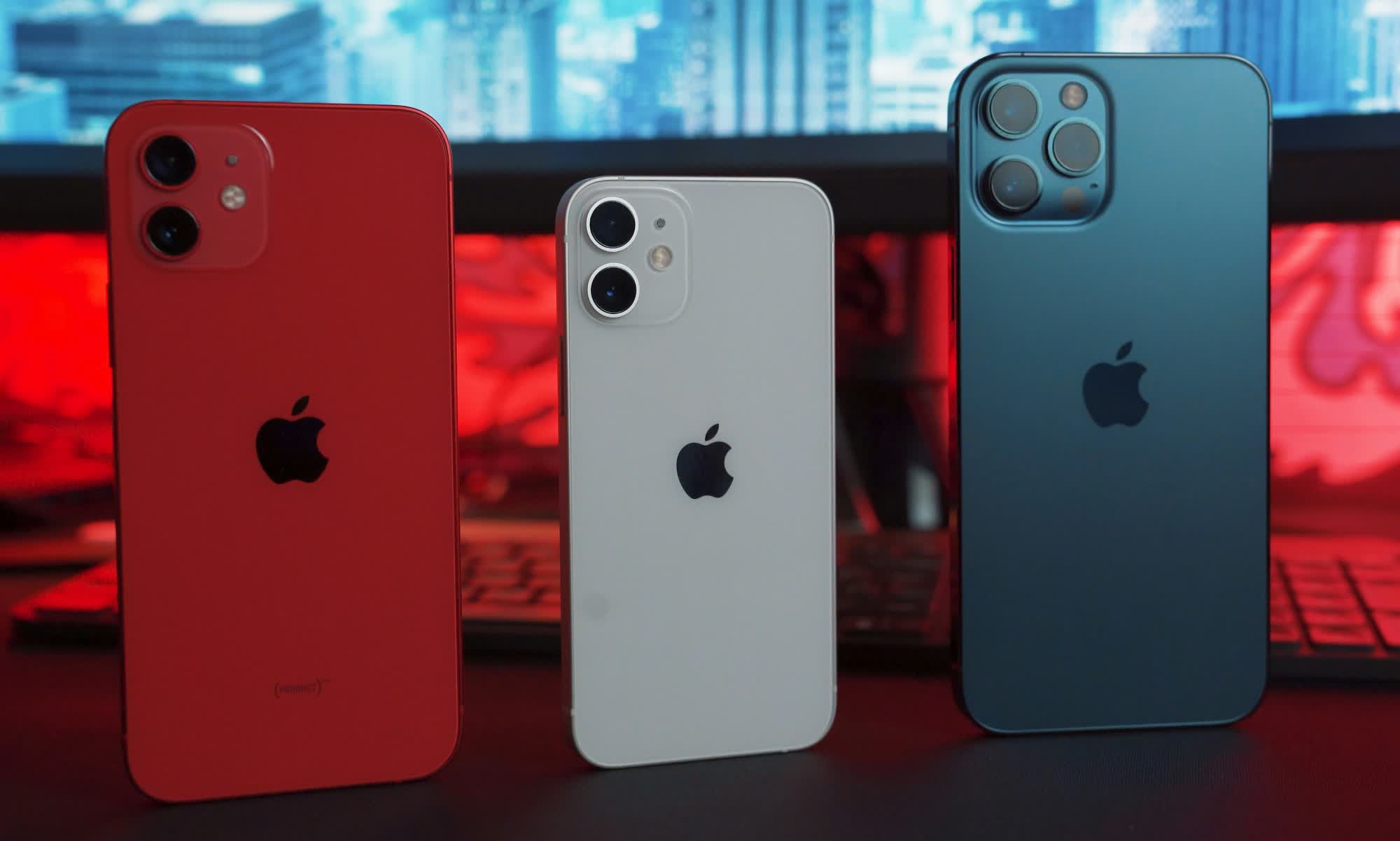Why it matters: The Trump administration has granted a reprieve to global technology manufacturers by exempting smartphones, laptops, CPUs, memory chips, and electronics to make semiconductors from its sweeping tariffs on imports – a move that could ease pressure on companies like Apple and Nvidia while offering relief to consumers.
The exclusions, published late Friday by US Customs and Border Protection, narrow the scope of Trump’s aggressive trade measures by sparing these products from the 125 percent China-specific tariff and the baseline 10 percent tariff imposed on nearly all other countries.
The exemption list includes popular consumer electronics such as smartphones, laptops, hard drives, memory chips, and flat-screen displays – items predominantly manufactured outside the United States.
Analysts say this decision marks a significant softening in Trump’s ongoing trade conflict with China, which has roiled global markets and triggered a stock selloff. “This is a large hole in the U.S. tariff wall that will spare key firms like Apple and consumers of laptops and phones from sticker shock,” Gerard DiPippo, associate director of the Rand China Research Center, told Bloomberg. He noted that the exemptions cover approximately $390 billion in US imports based on 2024 trade data, including more than $101 billion worth of products from China.
The US tariff exclusions announced on April 11 have reduced the risk of imports collapsing for some of the largest categories of imports from China that the US relies upon. Most non-excluded but China-reliant goods are consumer goods. The big exception is lithium-ion batteries. https://t.co/b01yLEnQ3U pic.twitter.com/nc4FYTWRc8
– Gerard DiPippo (@gdp1985) April 12, 2025
Smartphones represent the largest category of exempted goods, with imports valued at over $41 billion from China last year – around 9 percent of total imports from the country. Computers and similar devices account for another $36 billion. Altogether, these consumer electronics and semiconductors comprise roughly 22 percent of US imports from China in 2024.
The tariff exclusions also extend to semiconductor manufacturing equipment, which is critical for building chip factories. Companies such as ASML in the Netherlands and Tokyo Electron in Japan produce these tools, which are essential for constructing facilities supported by the 2022 CHIPS and Science Act. The exemptions are also expected to benefit companies like TSMC, Samsung, and Intel, all of which are investing heavily in US-based production.

However, analysts warn that the reprieve may not last long. The exclusions stem from an initial order designed to prevent cumulative tariffs on specific sectors but may indicate that these products could soon face lower, yet still significant, tariffs.
In addition, the Trump administration is reportedly preparing to launch a new investigation into semiconductor imports, which could lead to targeted tariffs on chips and related products within weeks or months.
DiPippo cautioned that many other goods from China still face prohibitively high tariffs.
“This exemption only covers one segment of the U.S. economy,” DiPippo pointed out, emphasizing that broader trade tensions remain unresolved despite this concession. Wedbush Securities analyst Daniel Ives echoed this sentiment in a research note on Saturday that Bloomberg reported. “There is still clear uncertainty and volatility ahead with these China negotiations.”
I made a chart to illustrate some of the insane tariff shifts over the last two weeks – imagine trying to run an electronics business when the cost of video game consoles doubles in one week and the tariff on Phones goes up 62% over two days then right back down 62% the next day https://t.co/J7Zzf3CIA0 pic.twitter.com/hGZZ8ykdte
– Joey Politano 🏳️🌈 (@JosephPolitano) April 12, 2025
As discussions continue, the Trump administration appears poised to impose new sectoral tariffs targeting semiconductors – a move that could further reshape trade dynamics. While previous measures included exemptions for processors crucial to AI development, GPUs and servers powered by AI chips remain largely unaffected by Friday’s announcement.
For now, technology companies and consumers can breathe a sigh of relief amid fears of skyrocketing prices – but with new investigations looming and trade tensions far from settled, this tariff suspension may prove fleeting.


